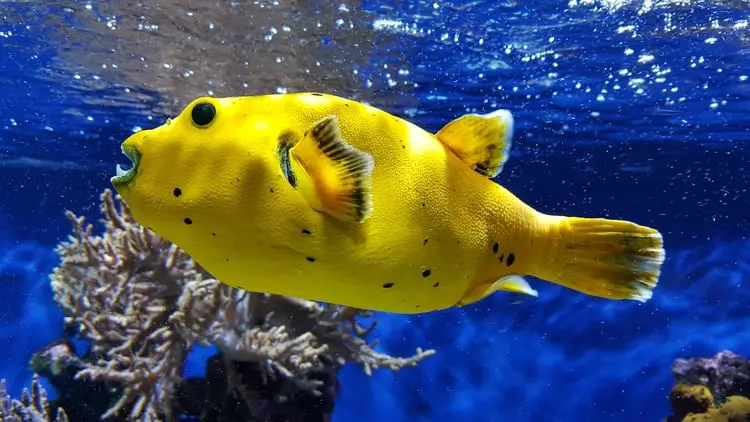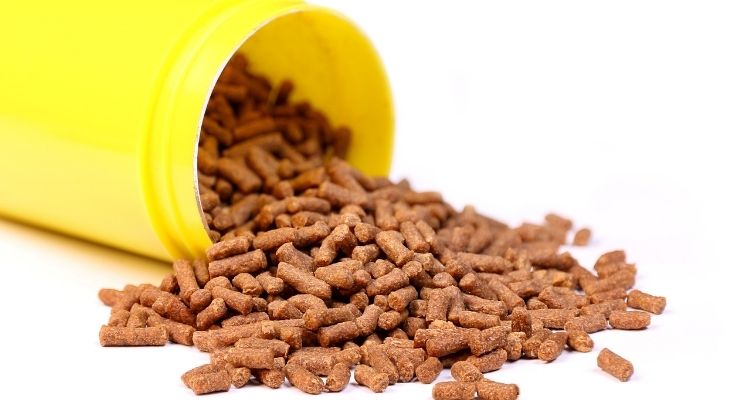
Every aquarist has an established amount of food that his fish eat. However, what happens when you accidentally pour too much food into the fish tank? What can you do about it!
If that is you, this article is for you.
Too much or just a pinch more?
First things first, folks, how much fish food is too much? Due to many factors, one can be concerned about adding more food than usual?
Here is the good news for any aquarist in such a situation, do not fret; all is well. A slightly more amount of fish food going into the tank won’t kill your fish. You should take out the excess uneaten food in your tank.
If that does not suffice, you can skip the next meal on your fish feeding schedule to cater to the extra food that went into your tank. If you are still worried, test your water for ammonia. If there is a fluctuation in the level of ammonia, use prime to deal with it effectively.
At this point, I don’t think you will have much to worry about. Note that drastic actions like water changes are unnecessary in this case.
Okay, what if I accidentally added an entire bottle worth of food into the fish tank? Your excited child may, unfortunately, have just dropped all the contents of the bottle, and you dont know what to do?

What to do with too much food in the tank?
Too much fish food in the tank is a justified cause of concern. You will have to act efficiently to mitigate the damage before the dam breaks loose. Here is what you should do:
Scoop the food out
Before the food settles on your substrate, use a net to scoop the food out. Do not irritate the fish while doing it. Fish tend to get tangled with nets, making it harder for you.
I recommend using a kitchen strainer for this job. It is far more efficient to use and gets the work done perfectly. I understand that some might have reservations about putting your filter in a tank full of bacteria. Whatever works for you is OK, as long as you take out the food.
Gravel vacuum
Using a gravel vacuum, suck out as much food as you can from the substrate. You should take out any dirt or organic matter too. You are essentially cleaning the substrate to reduce the amount of ammonia produced. So anything that can decay, at this point, should be sucked out too!
Bacterial supplements
Beneficial bacteria will be needed to break down excess ammonia. The existing bacterial colonies in your filters or tank, in general, might not be enough to break down all the ammonia produced by extra food particles.
If you have taken out most of the extra foodstuff, adding a capful of bacterial supplement can be an added measure. It is not necessary, but you can never be too careful.
Filter
Excess food means that some will get clogged in your filters, where they will decay. You should take out your filter system and rinse it carefully with some of your tank water. Be keen to take note of the amount of water you take out during the whole process. As mentioned above, tank water is very precious.
Water change
A water change will come into play if things go south. You are probably not going to have to perform a water change. You would have to perform one if only you were not thorough while taking the food out.
If you have to perform a water change, I recommend replacing around 10% to 15% of your tank water.
Final Thoughts
If you’re reading this and thinking, “What’s the worst that could happen?” then I’m sorry to say it already has. You’ve poured too much food into your aquarium! But don’t worry – take out as much of the excess food as possible before it starts rotting in there.
The rest will be taken care of by all those hungry little fishies swimming around inside (and they’ll thank you for giving them some extra snacks). Remember not to overfeed your tank, so this doesn’t happen again, and skip the next meal!